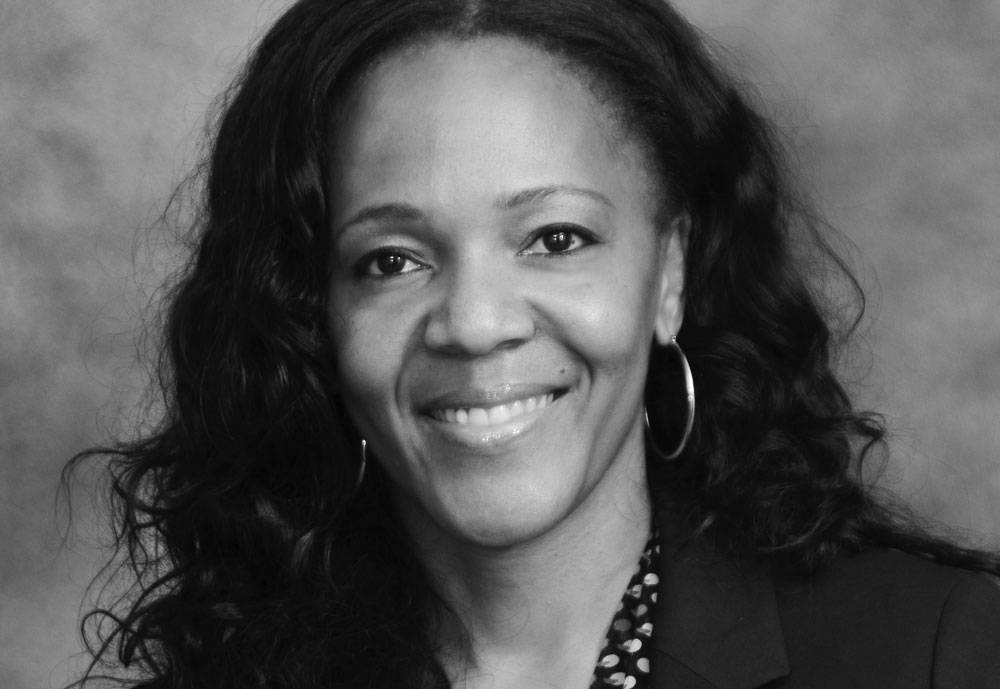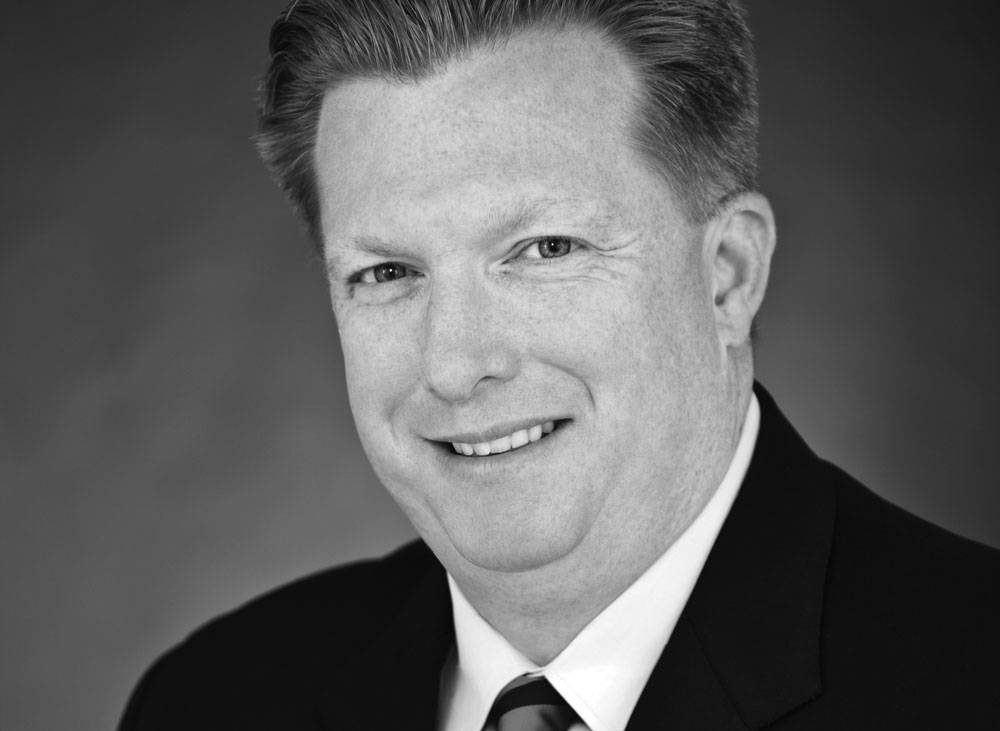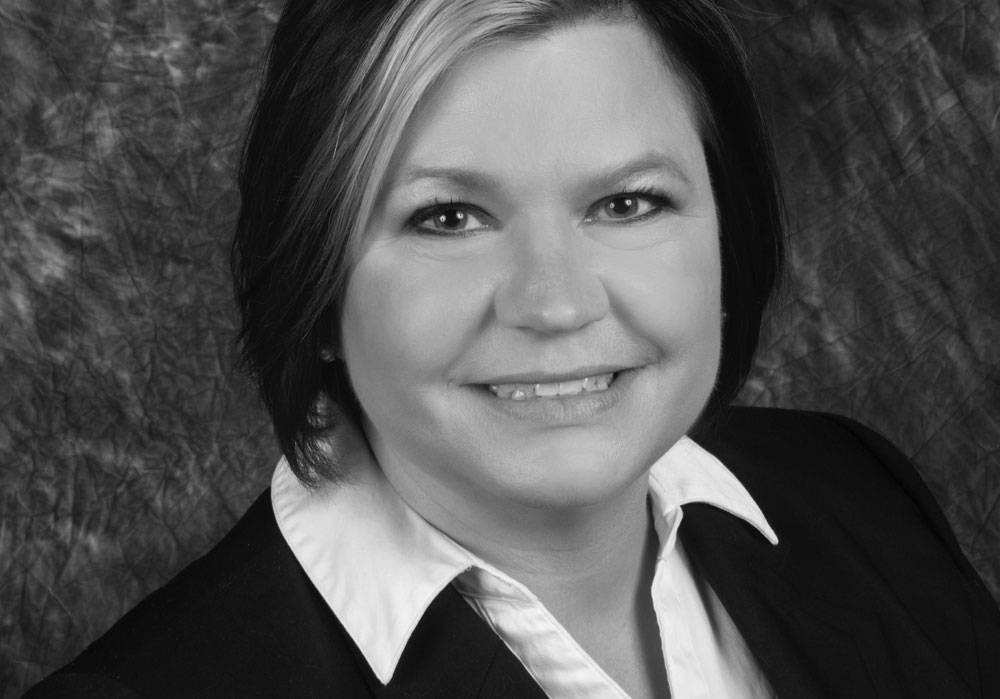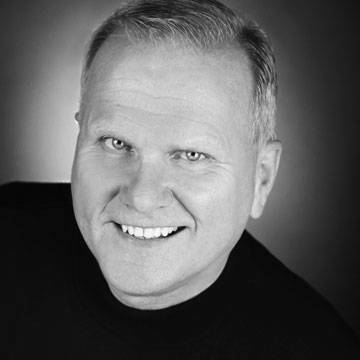
Association CEOs: What I Wish I’d Known
There’s nothing like hindsight, coupled with experience, to show you where your blind spots were long ago. An extended career tends to bring perspective and appreciation for what you may have undervalued in the past. We asked five association CEOs what they wish they had known as young professionals. Although their answers may be especially valuable for today’s YPs, these lessons are worth heeding at every stage of an association career.

The Power of Teams
Michele Ware, Building Owners and Managers Association of Greater Los Angeles
I started my career in associations in a temporary position. Four years later, I was running the entire organization. Having worked in every position before becoming CEO, I thought I knew all there was to know about running associations. I knew a lot about finance, events, marketing, and customer service, but I didn’t fully understand that my role wasn’t to know or do everything. I had a hand in every program, every booth sale, every committee—nothing happened in the association that didn’t involve me.
I was burning out early. Something had to change.
I started attending ASAE programs to learn more about being an association CEO. One of the most memorable programs I attended focused on Jim Collins’ book Good to Great. This book, along with many other ASAE programs and resources, helped me develop a deep understanding of how important people are to an organization’s success. Once I put the right people in place (staff, board, volunteers, committees) who were the best in their respective areas, the knowing and doing increased exponentially. While CEOs must be adept in many areas, I wish I had known early on the importance of having the right people on the bus.

The Magic of Community
Peter O’Neil, FASAE, CAE, ASIS International, Arlington, Virginia
Like so many others, I became an association management professional completely by accident. If you had told me 23 years ago that I would remain in this profession for so long, I would likely have thought you were crazy. I would like to have known when I was younger how enormously rewarding this profession would be and what an honor and privilege it would be to work with outstanding people to advance a mission. If I had known that a professional network of peers could be so helpful, supportive, and encouraging, I would not have found you crazy for asking me if this would be my chosen profession all those years ago.
There is no “secret sauce” to becoming a CEO or to being successful in whatever position you hold. My advice is so simple, you may not believe it: Work hard, play fair, be the best you can be in whatever you are asked to do, be honest, be polite, be consistent, and develop meaningful relationships. Be aware of your strengths and your weaknesses, get certified, support the ASAE Foundation, and constantly develop your network and your own abilities.

The Pursuit of Learning
Greta Ziemetz, CAE, NALA-The Paralegal Association, Tulsa, Oklahoma
I wish I had known years ago the importance of learning about all areas of the association, including areas that I might not be excited about. This can be challenging if your association does not provide for job rotations or if you do not have a mentor in the organization who can guide you into specific projects.
So, speak up and volunteer for new projects at your association or in your local community and learn, learn, learn all you can. Attend conferences and local association events, and sit in on sessions and conversations about topics that are outside your comfort zone. Be sure to look outside the association world for education too; there are many other nonprofit and corporate events that can give you a new perspective or insight.
If you focus only on your area of expertise, you will become the expert, but to move into the C-suite you need much more well-rounded experience. Building experience in all areas of an association helped me land my first CEO position, and while I felt confident that I would be successful, having additional knowledge makes my job that much easier.

The Value of Listening
Gregg Balko, FASAE, CAE, Society for the Advancement of Material and Process Engineers, Covina, California
When I was an aspiring association leader, it was important to me to make sure that people knew that I knew my stuff. Way too often, I demonstrated that by being the first to speak, rather than sitting back and listening. When you rush in to speak first, you’re missing the opportunity to filter or evaluate what you’re hearing and what you’re not hearing. People often share information that’s biased—we all do it—and sometimes what they’re not saying is where the real heart of the issue is.
Process what is being said. Give yourself time to think about what you have heard so you can determine if it gives you a complete picture. If you’re busy talking, you can’t be filtering. Watching how other people react and listening to what other people say gives you so much more information that can help you shape the best response. There’s a lot to be gained when you resist the impulse to be the first voice.

The Importance of Belonging
Teresa Huizar, National Children’s Alliance, Washington, DC
In the association world, we often speak about membership and member benefits in an individualistic way: what an individual member needs and will receive in tangible benefits for their participation. And that certainly has value. However, in my experience—and I wish I had understood this better when I was younger—what members most want their association to deliver is a meaningful sense of belonging.
One of the most important roles an association plays is as a convener. Bringing together leaders to solve complex problems fully engages members in a way that no communications strategy or basket of benefits can replace.
I’ve found significant value in reframing membership as a venture in co-creating the future of our movement, which advocates for victims of child abuse. At the National Children’s Alliance, we’ve invested heavily in systems supporting collaborative work groups and other co-creation models. That has paid off in hundreds of leaders from every corner of our field partnering to create resources for their colleagues, as well as in advocacy and funding wins.
Being successful in an association career requires contributing to a meaningful sense of belonging within your membership. And that requires a shift in thinking from what we do for members as passive recipients to how we exercise every opportunity to grow what we can do together.
(ollegN/iStock/Getty Images Plus)






Comments